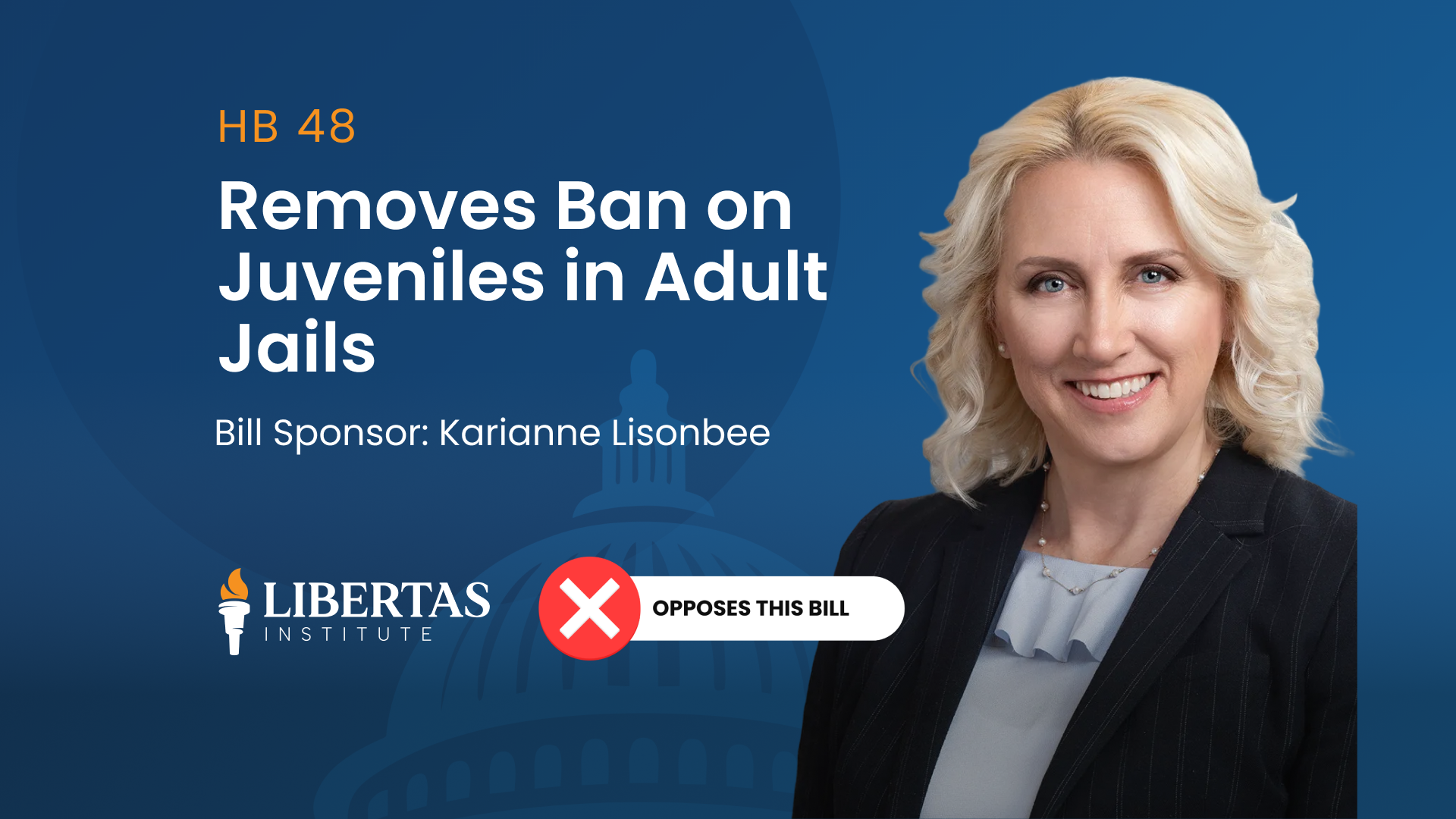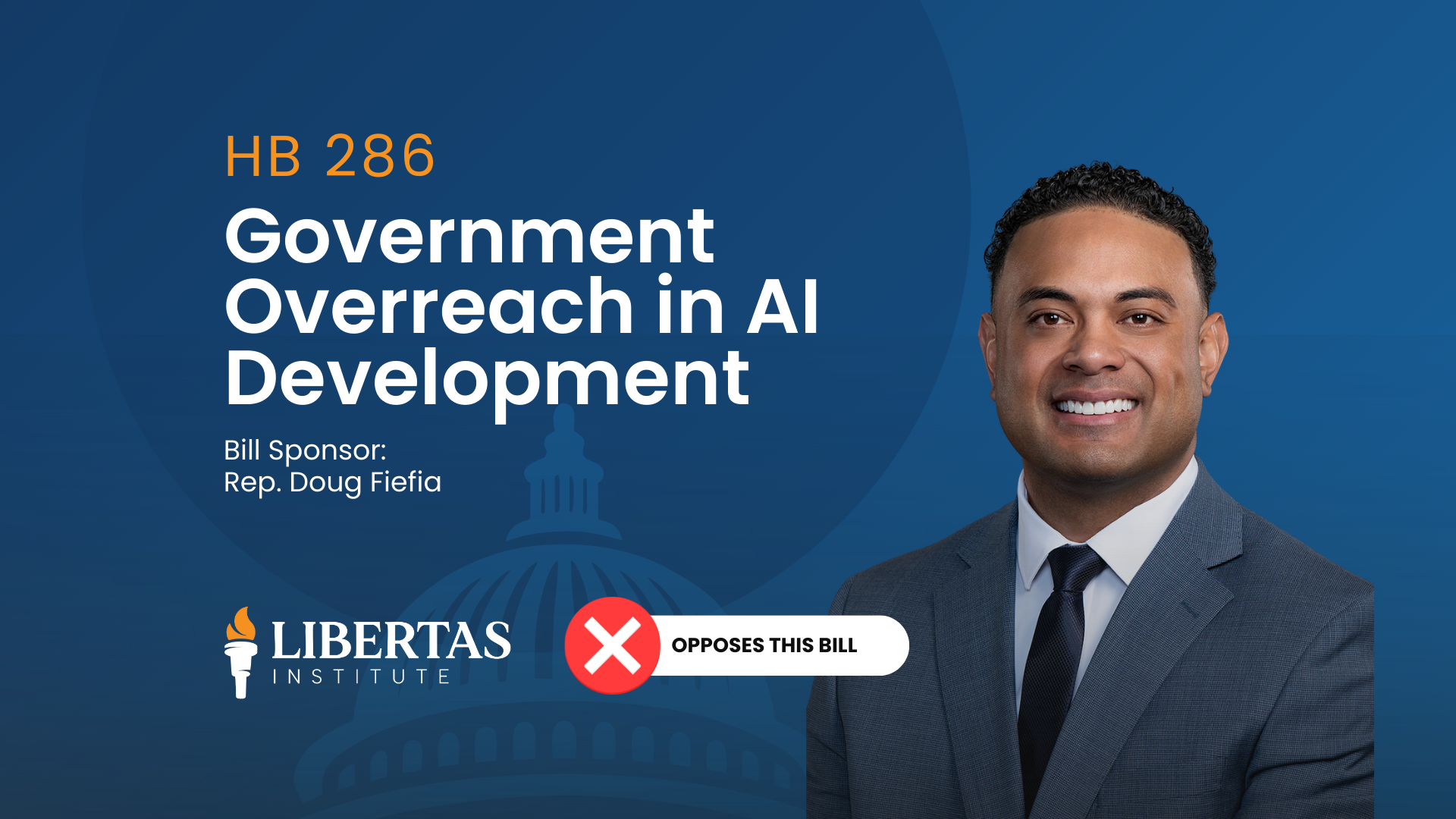This bill passed the House 56-16 and passed the Senate 24-4.
Libertas Institute supports this bill
The world is changing faster than ever before, following the pace of technological innovation. Underlying these technological innovations are entrepreneurially minded innovators with world-changing ideas. Yet, rules and regulations tend to fall behind despite the speed at which innovators create new products and services. Instead of regulating for the future, regulatory codes often regulate the business of the past.
A solution that has begun to be implemented in Utah is regulatory sandboxes. A regulatory sandbox is a light-touch regulatory environment that allows businesses to test new and innovative products for a specified period of time. This sandbox approach allows innovators to demonstrate why a new product should, or should not, fit into an existing regulatory model.
Utah is already a leader in the regulatory sandbox movement sweeping across the states and breaking down unnecessary regulatory barriers for innovators with its insurance and fintech sandboxes. But House Bill 243, sponsored by Representative Cory Maloy, would move the state even further by combining Utah’s insurance and fintech sandboxes with Utah’s already existing universal sandbox, which was passed into law last year. This will streamline the process, allowing even greater flexibility for innovators and entrepreneurs to create and experiment in Utah.
To learn more about regulatory sandboxes, read our policy brief. Be sure to also explore our dedicated webpage on regulatory sandboxes, which serves as an information center for all of our work on the topic.




